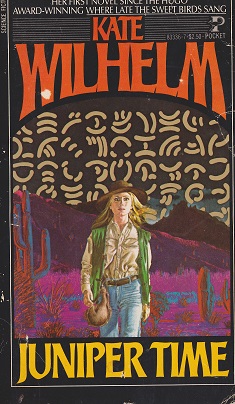My local science fiction bookstore is holding its own convention:
Eschacon is a three-day festival from 5 to 7 November with panels, writing workshops and book signings. Featuring several of the most interesting and talented upcoming science-fiction & fantasy authors from around the world, Eschacon is all about World SF and the craft of writing speculative fiction.
[…]
Thursday 5 November
18:30-21:00 Tribute to Chip Book Presentation and World SF panel discussion
Author and editor Bill Campbell will talk about his latest project The Stories For Chip, a tribute to Science Fiction Writers of America Grandmaster Samuel R. “Chip” Delany. Following the presentation is a panel discussion about World SF and diversity in the speculative fiction genre with authors Zen Cho, Corinne Duyvis, Marieke Nijkamp, Rochita Loenen-Ruiz and Tade Thompson.
Friday 6 November
14:00-16:00 Speculative Fiction Writing Workshop
A workshop to kickstart your own writing under the guidance of professional author Rochita Roenen-Ruiz.18:00-19:30 Q&A and booksigning with Zen Cho and Tade Thompson
Join us for an evening around the (imaginary) fireside with authors Zen Cho and Tade Thompson. Zen and Tade will discuss their new books, the art of writing and the business of getting published.Saturday 7 November
10:00-11:00 Kaffeeklatsch
Getting up early has never been so fun. Enjoy a cup of coffee (or tea) while talking about books, stories and other geek-related subjects with authors Aliette de Bodard, Zen Cho, Rochita Loenen-Ruiz, Bill Campbell and Tade Thompson.14:00-15:30 Q&A and booksigning Aliette de Bodard
Author Aliette de Bodard will talk about and read parts from her debut The House Of Shattered Wings.
ABC has been remarkably active in promoting science fiction and fantasy in the past year or so, with various author talks and other events, much of it due to its SFF buyer, Tiemen Zwaan. It has helped galvanise something of an sf scene in Amsterdam, of which is the culmination so far. What I like especially about it is that this going beyond just mere commercial considerations, but that ABC has done its bit to help make SFF more diverse, more plugged into developments outside its traditional heartlands. The line-up for the con reflects that, with people like Aliette de Bodard, Rochita Loenen-Ruiz and Zen Cho.
I hope this becomes a success, because it’s been a while since we’ve had a proper science fiction con in Amsterdam.
